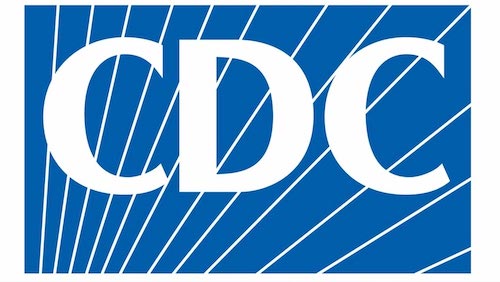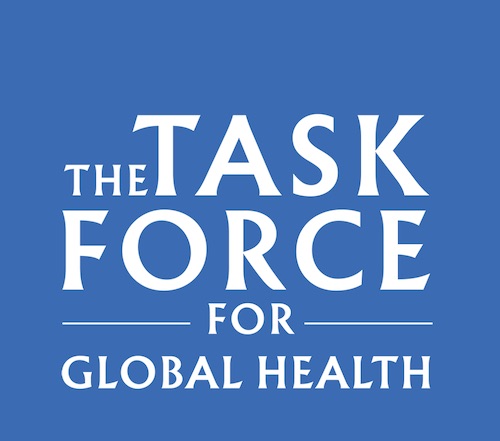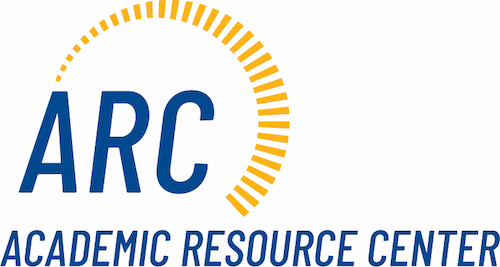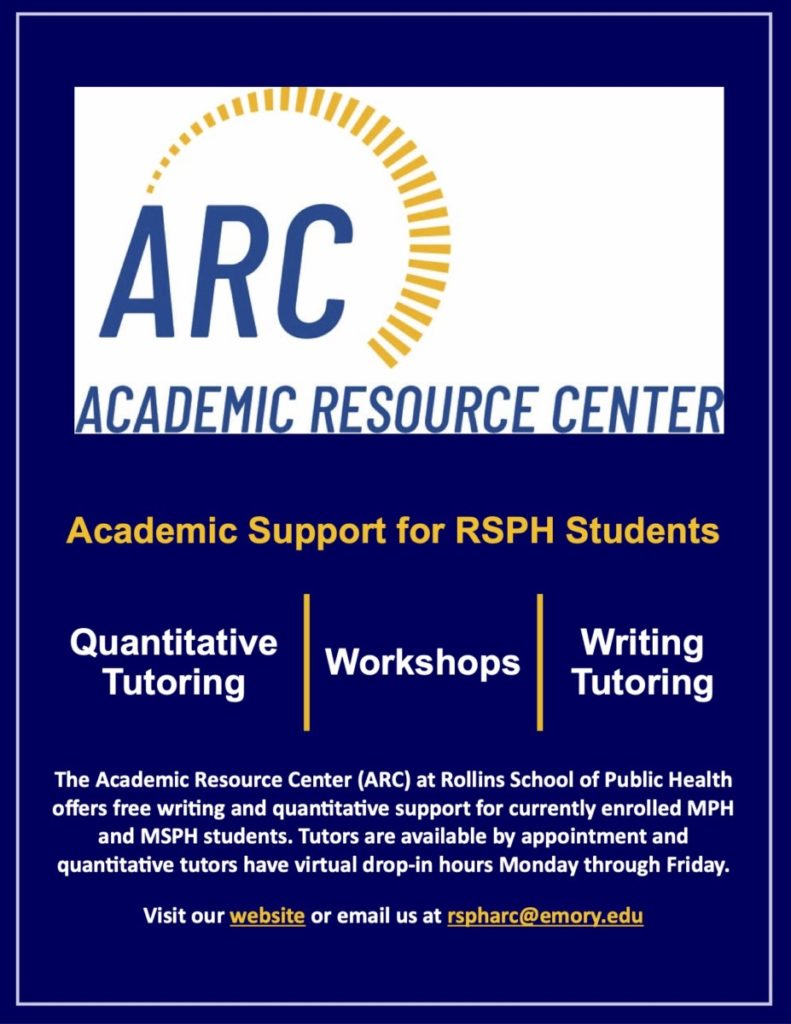Program Description
The PhD program in Biological Sciences in Public Health (BPH) emphasizes interdisciplinary basic research spanning from molecular biology to human populations. BPH students develop individualized research projects focused on defining the molecular underpinnings of human health and disease by employing cutting-edge approaches in biochemistry, cell biology, genetics, genomics, metabolic biology, physiology, immunology, biophysics, computational and systems biology, and bioengineering. A central goal of the research in this program, whether basic or translational, is the improved understanding, prevention, and treatment of the most common and impactful global health threats.
The program encompasses laboratories and faculty mentors in the Departments of Environmental Health, Immunology, and Infectious Diseases, Molecular Metabolism, and Nutrition. Major areas of investigation include:
- The Metabolic Basis of Health and Disease: Metabolic function and dysfunction are at the core of human physiology and pathology, impacting a diverse array of chronic and infectious diseases. BPH laboratories are focused on metabolism research as a core element in understanding and therapeutically intervening in aging, cancer, cardiovascular disease, diabetes, inflammation, obesity, and neurodegenerative diseases, among others.
- Immunology and Infectious Diseases: Defining the complex interplay of infectious agents and microbes with their hosts is central to preventing and treating many of the world’s most widespread and deadliest diseases. BPH laboratories are focused on infectious and immune-mediated diseases, including HIV/AIDS, Tuberculosis, Chagas, Malaria, Pneumonia, Enteric Diseases, Inflammatory Bowel, and Autoimmune diseases.
- Environmental Health: Environmental exposures are a major underlying risk factor for numerous chronic diseases. BPH laboratories are focused on how cells and tissues adapt and respond to air pollution particles, environmental toxins, infectious agents, and radiation. Research projects employ a range of modern techniques to mechanistically define the pathogenesis of asthma and other lung diseases and responses to radiation and environmental stresses impacting health risk and outcomes.
While the program roots cut across the entire range of biological sciences, the research also employs core quantitative disciplines (e.g., biostatistics and epidemiology), as well as approaches that bridge biology, chemistry, engineering, and computation. Students attracted to this program generally share this interdisciplinary interest and a desire to confront the most pressing health issues of our time.
Program and Application Details
All students admitted into this training program are provided full tuition, health insurance and stipend support. Our graduates hold distinguished positions in academia, industry, government, and other arenas of life science research, consulting, communications and policy. The application deadline for the 2021-22 Academic Year is December 1, 2020.
Please note: The BPH program does not require or consider the GRE as part of its application process. In addition, applicants who are non-native English speakers and who received their undergraduate degree from an academic institution where English is not the primary language of instruction now have the option to submit scores for the International English Language Testing System – Academic test (IELTS) as proof of English proficiency.
Learn More about the Program
More information can be found on their website or through these upcoming recruitment events:
BPH Virtual Open Houses
Harvard Integrated Life Sciences (HILS) Open House















Recent Comments